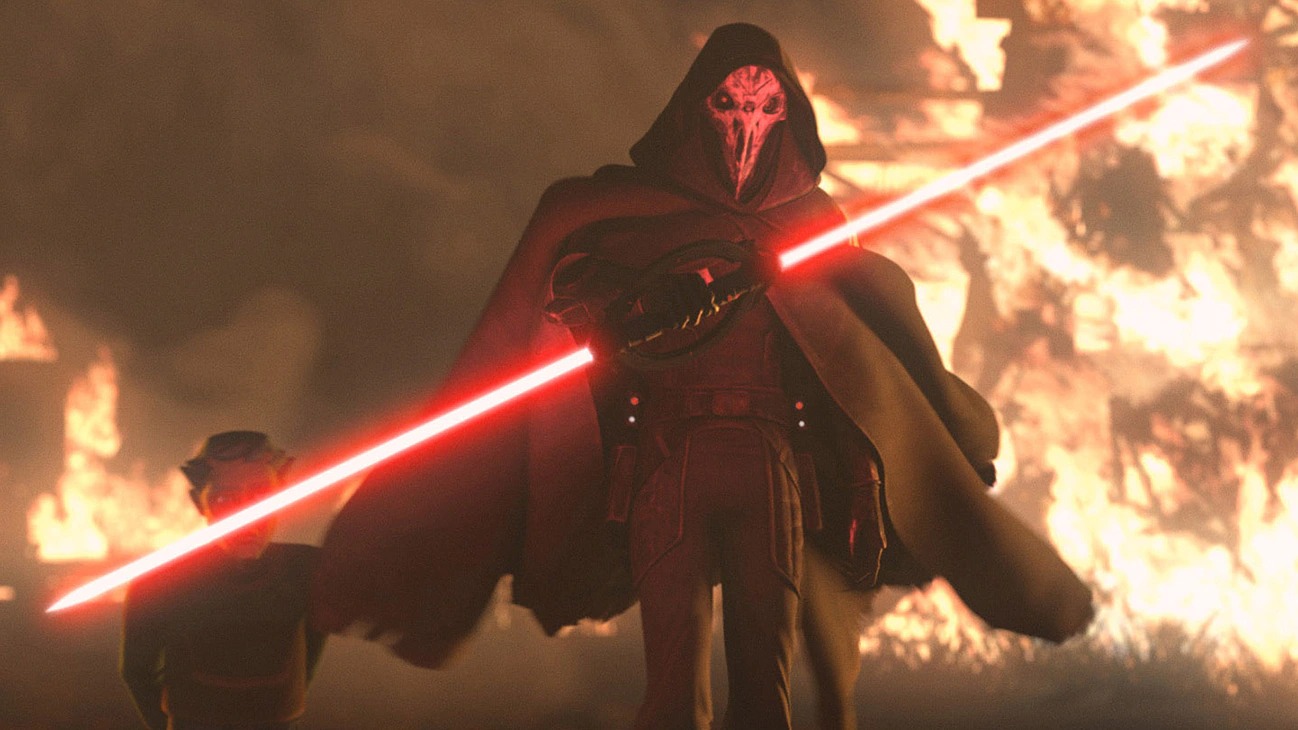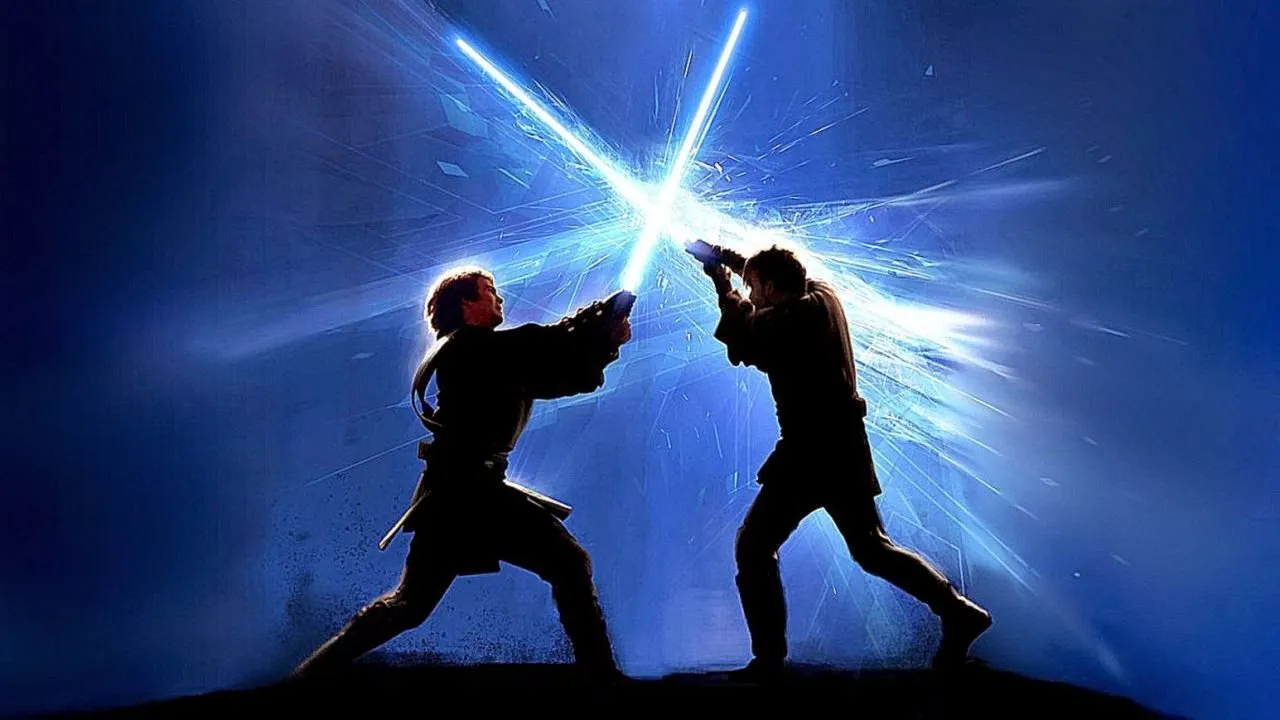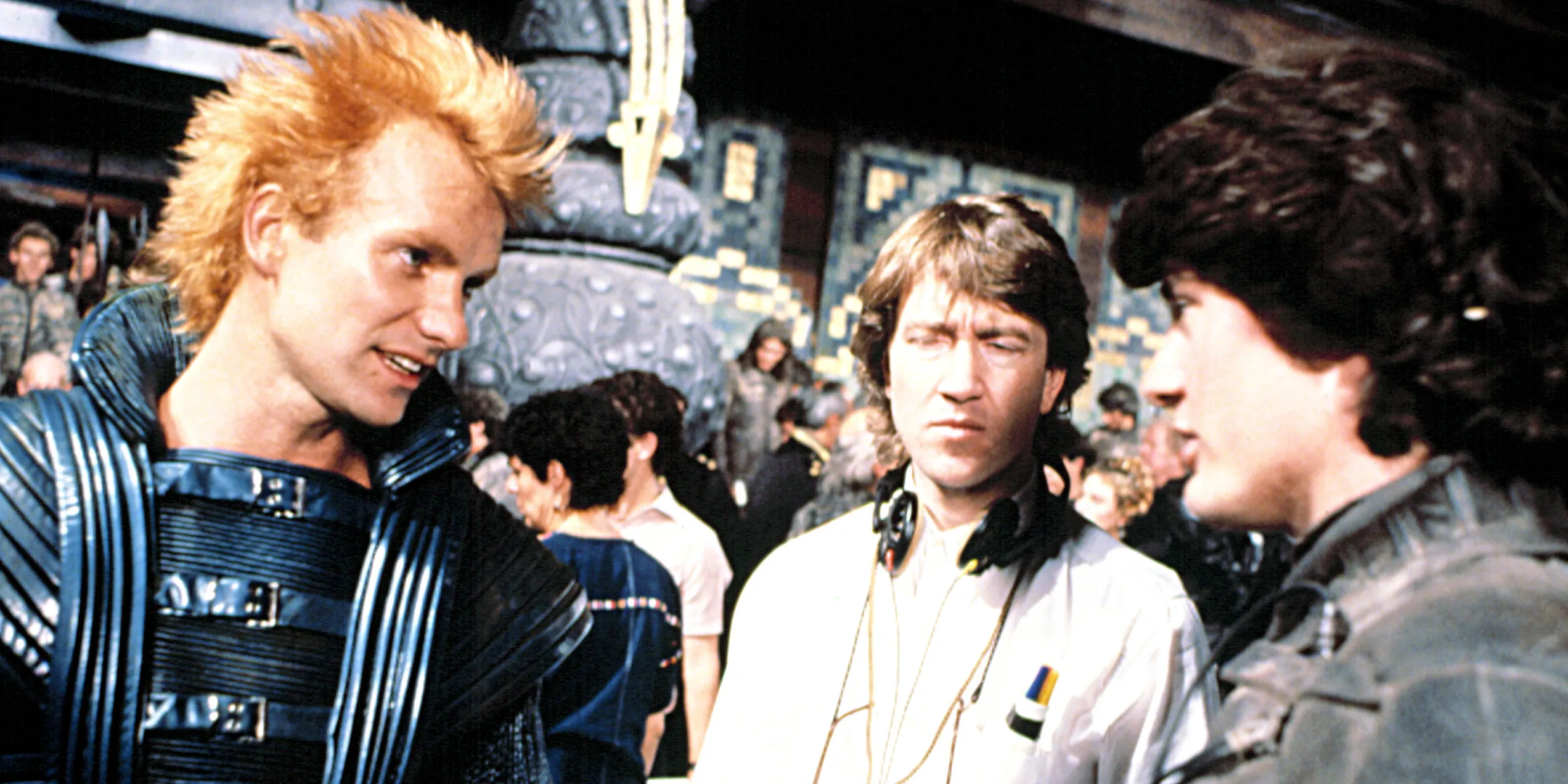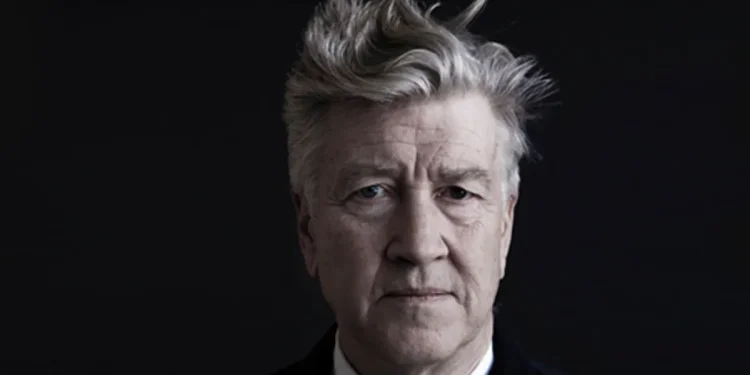Before David Lynch ventured into the epic universe of Dune, he was presented with a tantalizing opportunity that would have seen him at the helm of Return of the Jedi. This unexpected twist in the tale of two sci-fi behemoths—Star Wars and Dune—provides an intriguing glimpse into what could have been a dramatic shift in cinematic history.

David Lynch’s Refusal: A Sci-Fi Twist
In the early 1980s, as George Lucas was preparing to continue the Star Wars saga with its third installment, the director considered a list of high-profile filmmakers to take over the reins following Irvin Kershner’s work on The Empire Strikes Back. Among those considered were Steven Spielberg, David Cronenberg, and notably, David Lynch.
Despite the similarities between Dune and Star Wars, Lynch’s disinterest in directing Return of the Jedi was palpable. As Lynch himself admitted:
“I was asked by George to come up and see him and talk to him about directing what would be the third Star Wars. And I had next door to zero interest.”
He elaborated on his lack of enthusiasm:
“But I always admired George. George is a guy who does what he loves. And I do what I love. The difference is, what George loves makes hundreds of billions of dollars.”
Lynch’s reluctance wasn’t a reflection of a lack of respect for Lucas or his groundbreaking work. Rather, Lynch’s focus was firmly on his own creative projects and a profound appreciation for the unique qualities of Dune.

The Impact of Dune on Star Wars and Hollywood Sci-Fi
The influence of Frank Herbert’s Dune on the sci-fi genre is undeniably profound. When Star Wars burst onto the scene, it was not only a groundbreaking film but also a tapestry woven from various sources of inspiration. Among these influences, Herbert’s epic novel looms large. Elements such as a desert planet, sandcrawlers, and the intricate political dynamics between protagonists and antagonists bear a striking resemblance to Dune.
Yet, despite the clear parallels, Lynch was uninterested in stepping into the Star Wars universe. Instead, his attention was devoted to the challenges and opportunities presented by Dune, which he would later tackle with his 1984 adaptation. Unfortunately, Dune was met with mixed reviews and significant studio interference, overshadowing what could have been a defining moment in Lynch’s career.
The Challenge of Directing Dune: Studio Interference and Creative Struggles
Lynch’s experience with Dune was fraught with difficulties that marred his vision for the film. Initially excited by the prospect of directing a major sci-fi feature, Lynch soon encountered substantial obstacles. Universal Pictures, the studio behind the film, intervened by drastically reducing his three-hour cut. Lynch’s frustration was evident, as he reflected on the experience:
“I don’t even like talking about Dune really, but I’ve said before I knew when I was signing the contract that I was signing away final cut and from that moment I felt like, looking back, I started selling out.”
Lynch’s dissatisfaction with the final product has lingered over the years, and while there has been talk of a director’s cut, this remains a distant possibility due to his health challenges and the passage of time.

Legacy and What Could Have Been
Though Lynch’s Dune faced significant hurdles and did not achieve the critical acclaim he might have hoped for, the film remains a notable chapter in sci-fi history. It’s fascinating to consider how Return of the Jedi might have been different under Lynch’s direction. Would his unique vision have altered the course of the Star Wars saga, or would it have been an entirely different take on the beloved franchise?
As fans and critics continue to reflect on Lynch’s work and the impact of Dune, one can’t help but wonder about the alternate realities where Lynch took on Return of the Jedi or achieved a director’s cut of his Dune. These “what if” scenarios add an intriguing layer to the narrative of both Lynch’s career and the broader landscape of science fiction cinema.









